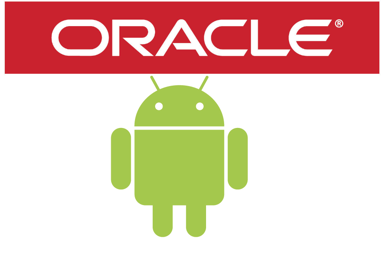 Last night, Oracle filed suit against Google over its Android operating system, alleging that Google was infringing on seven Java patents with Android and its Dalvik virtual machine. Oracle acquired the rights to the patents when it bought Sun Microsystems last year, and now that Android has taken off, it’s looking to shake Google down for a big payday. Google has been quiet until now about the suit, but they’ve just given us this statement:
Last night, Oracle filed suit against Google over its Android operating system, alleging that Google was infringing on seven Java patents with Android and its Dalvik virtual machine. Oracle acquired the rights to the patents when it bought Sun Microsystems last year, and now that Android has taken off, it’s looking to shake Google down for a big payday. Google has been quiet until now about the suit, but they’ve just given us this statement:
“We are disappointed Oracle has chosen to attack both Google and the open-source Java community with this baseless lawsuit. The open-source Java community goes beyond any one corporation and works every day to make the web a better place. We will strongly defend open-source standards and will continue to work with the industry to develop the Android platform.”
Obviously, Google is positioning this as an attack on the community at large (many developers have already written negative responses to Oracle’s suit). It’s unlikely that the lawsuit came as a surprise to Google — James Gosling, the father of Java who left Sun soon after it was acquired by Oracle, writes on his blog that Oracle was eying the Java patents as part of the Sun acquisition:
Oracle finally filed a patent lawsuit against Google. Not a big surprise. During the integration meetings between Sun and Oracle where we were being grilled about the patent situation between Sun and Google, we could see the Oracle lawyer’s eyes sparkle. Filing patent suits was never in Sun’s genetic code. Alas….
I hope to avoid getting dragged into the fray: they only picked one of my patents (RE38,104) to sue over.
Plenty of developers have also chimed in on the case. One particularly insightful post by Miguel de Icaza, who started GNOME and Mono, provides some context to the suit:
There is very little public information on the Google/Sun split over Java ME and the creation of Dalvik. The rumors on the grapevine were that Google and Sun could not reach an agreement over the Java Micro Edition licensing. Sun wanted to sit in the middle between Google and the handset OEMs, while Google wanted to create a free-for-all operating system.
When it became clear that they would not be able to reach an agreement, Google started a project to replace Java Micro Edition and they used some clever engineering techniques that blended the best of both worlds.
…
Needless to say, Sun was not happy with Dalvik. Not only because Sun had lost a large licensing deal, but also because it had the potential of becoming the de-facto Java virtual machine that everyone on the embedded space would pick instead of Sun’s own Java Micro Edition.
This isn’t the first time the Java patents have been wielded in court — in 2004, Sun got Microsoft to cough up $1.6 billion to resolve patent disputes and antitrust issues.
